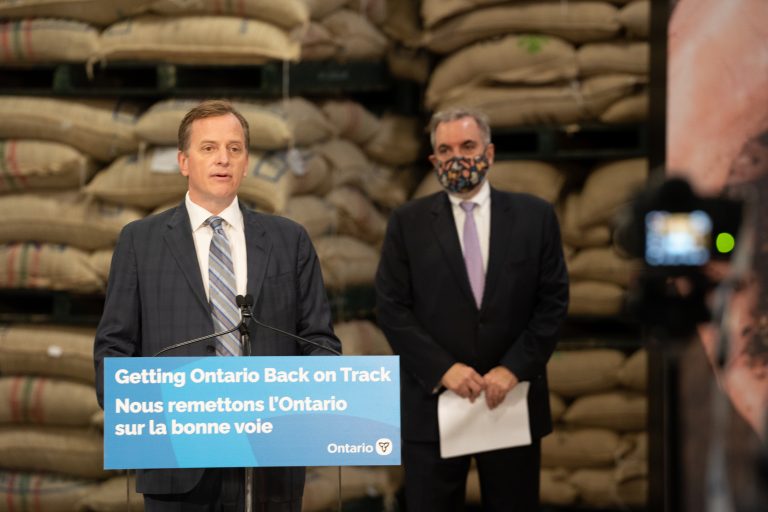The Latest from BPI®
The Biodegradable Products Institute (BPI®) has been one of the most important contributors to the PURPOD100® story. Its role as the source of reliable, independent certification of compostable products is important to manufacturers, consumers and the people who run composting facilities.
Here are some highlights of BPI®’s most recent newsletter.
BPI Executive Director Rhodes Yepsen points out:
“As the compostable products industry continues to grow, BPI® is working on ways to support manufacturers and distributors, as well as food scrap collection and processing infrastructure. It’s a dynamic time for our industry, and there is a lot that BPI® can do to help build value around its core offering of third-party certification.”
BPI® in the News
Communicating the role of compostable products, and the needs for independent verification, helps everyone in the value chain understand the value of our industry. Read the Executive Director’s commentary about how our members can provide an invaluable solution for the present and the future in this BioCycle magazine article.
BPI® received a brief mention in Good Housekeeping Magazine as “what to look for.” Check out our tweet to see the news clipping, and follow us on Twitter to see keep up with the latest.
Read more about the forthcoming How2Compost Label that will include the BPI logo in this Packaging Digest article.
And finally, this article in the Guardian talks about compostable coffee pods, the need to be BPI® Certified, and the challenge of a compostable retail product when there isn’t widespread curbside collection of food scraps yet.
Refresher on CA’s Law, and Proper Labeling
One of the difficulties the compostable products industry faces is the plethora of mislabeled products. This negatively impacts BPI Member companies because the lookalikes piggyback on their hard work, without meeting the rigorous criteria and paying the dues for verification. It also hurts composting facilities, who end up with contamination from the lookalikes that don’t break down. This, in turn, sometimes leads facilities to believe that compostable products don’t break down, even though the problematic item wasn’t actually certified.
This was the basis of California’s law on labeling of compostable plastics. The US Composting Council has also come out with both a model regulation for compostable plastics that other states could use, and compostable product labeling guidelines for manufacturers, to make sure that claims are clear and verified.
Californians Against Waste (CAW) has also been working to put the CA law into practice by tracking and reporting companies with false claims. Check out CAW’s 2016 enforcement campaign, and consider supporting their efforts with a contribution. And, don’t hesitate to get in touch with BPI with any questions on this topic.
You can learn more about BPI® at www.bpiworld.org.



